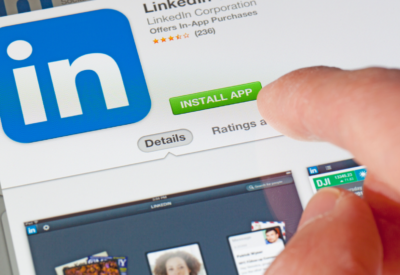Social media marketing can be a powerful tool for businesses, but it’s important to approach it with a clear strategy in mind. Some key tips for creating a successful social media marketing campaign include defining your goals, understanding your audience, choosing the right platforms, creating a content calendar, using hashtags, engaging with your audience, and analyzing and optimizing your efforts. By following these tips, businesses can effectively use social media to connect with their target audience, increase brand awareness, and drive traffic and sales.
Email marketing can be an effective way for businesses to connect with customers and promote their products or services. However, with many different email marketing tools available, it can be challenging to determine which ones are the best fit for a specific business. In this article, the pros and cons of different types of email marketing tools are discussed, including Mailchimp, Constant Contact, AWeber, SendinBlue, and Drip. Tips are also provided on how to choose the right email marketing tool, including factors such as cost, features, ease of use, and customer support. Additionally, the article covers common pitfalls to avoid when using email marketing tools.
Marketo and Iterable are both cross-channel marketing platforms that offer a range of features and tools for creating and optimizing marketing campaigns. Marketo is generally more expensive than Iterable and offers a wider range of features, including email marketing, marketing automation, lead management, and analytics. Iterable includes these features, as well as support for push notifications, SMS, and in-app messaging, and may be a more affordable option for some companies. Both platforms offer user-friendly interfaces and integrate with a variety of third-party tools, but Iterable may have a more extensive list of integrations. Ultimately, the choice between the two platforms will depend on a company’s specific needs and budget.
Digital marketing is an ever-changing field, and data analysis is a key component for success. By leveraging data-driven insights, it’s possible to optimize campaigns and maximize their efficacy. In this article, we’ll explore the power of data analysis in digital marketing and share seven tips that could help you optimize your campaigns. Read on to find out how!
Open source digital marketing tools provide small businesses with cost-effective and customizable options for improving their online presence. These tools include WordPress for content management, GIMP for graphic design, Mailchimp or OpenEMM for email marketing, Hootsuite or Mastodon for social media management, and Google Analytics or Matomo for analytics. Open source tools offer a range of benefits, including the ability to add features and functionality, greater control over data and workflow, and more privacy.
Social media marketing can be an effective way for individuals and small businesses to reach their target audience and promote their products or services. With billions of people using social media platforms every day, it’s a great opportunity to get Read more…
Paid social media advertising is a form of digital marketing that involves creating and placing ads on social media platforms, such as Facebook, Instagram, and Twitter. These ads can be targeted to specific audiences based on factors such as location, age, interests, and behaviors.
LinkedIn is a powerful platform for businesses looking to connect with potential customers, partners, and employees. In this post, we’ll explore some of the ways that LinkedIn can be used as a digital marketing tool to drive leads, build relationships, and increase brand awareness.
As the digital marketing landscape continues to evolve at a rapid pace, it is important for businesses to stay up-to-date with the latest trends and projections for the future. In this blog post, we will explore some of the most popular digital marketing trends and predictions for 2023, so that you can make sure your business is well-prepared for whatever comes its way.
Social media is an essential piece of any marketing strategy. It can be used to increase brand awareness, reach more customers, and build relationships with potential buyers. But the question remains – which social platforms should your business be using? Read more…










